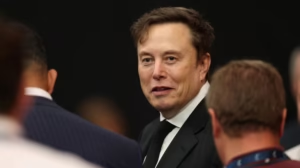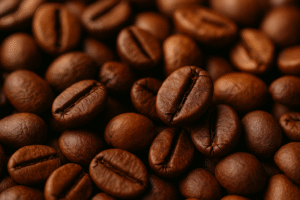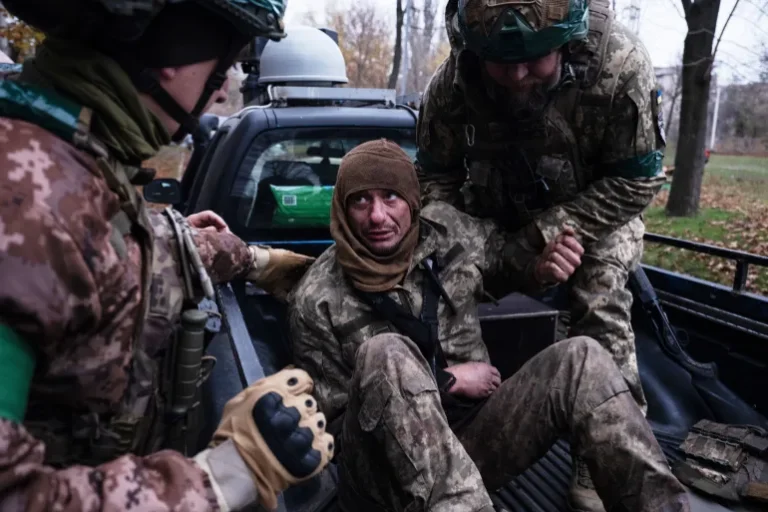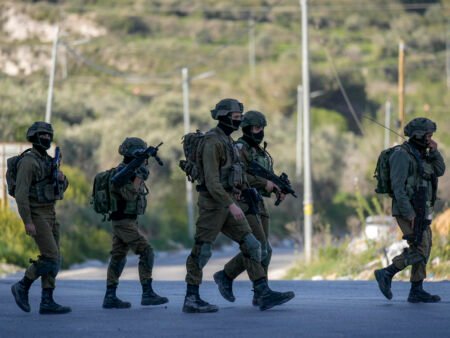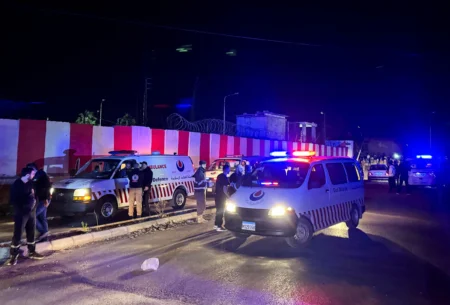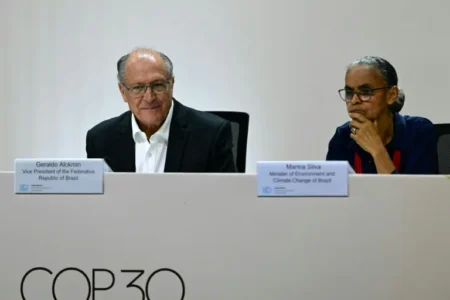On day 1,358 of Russia’s war in Ukraine, violence, diplomacy, and political developments continued to shape the conflict.
Russian forces launched 645 attacks on Ukraine’s Zaporizhia region, killing one person in Polohivskyi district, Governor Ivan Fedorov reported. In Kherson, a drone strike on a railway facility killed a security guard, while drone attacks in Dnipropetrovsk killed a 47-year-old man in the Vasylkivska community. Russian-occupied areas also reported casualties, including a woman killed in Vodyane village by Ukrainian shelling, according to Russian-appointed officials.
Diplomatic efforts continued as G7 foreign ministers, including U.S. Secretary of State Marco Rubio, met in Canada’s Niagara region to discuss ways to pressure Russia to end the war. European Union foreign policy chief Kaja Kallas said the talks focused on increasing pressure to push Russia toward peace, noting that current Russian positions show little genuine interest in ending hostilities.
Russia signaled readiness to resume ceasefire negotiations in Istanbul, with the Foreign Ministry stating that “the ball is in Ukraine’s court.” Russian Foreign Minister Sergey Lavrov also made statements about prior exchanges of slain soldiers and military conduct, which some media outlets did not publish.
Sanctions against Russia were expanded as Canadian Foreign Minister Anita Anand announced new measures targeting Russia’s drone programs, liquefied natural gas entities, and vessels linked to the shadow fleet. Ukraine praised U.S. energy sanctions imposed last month, with Foreign Minister Andrii Sybiha emphasizing the need to continue raising the cost of war for Moscow.
Political accountability in Ukraine was also in focus. President Volodymyr Zelenskyy called for the dismissal of two cabinet ministers over an alleged $100 million corruption scheme involving nuclear agency Energoatom and other state enterprises. Zelenskyy criticized corruption in the energy sector, especially as Russian air strikes continue to damage infrastructure. EU foreign policy chief Kallas described the investigation as “extremely unfortunate” but said Ukrainian authorities are acting decisively.
Regional developments included a statement from Moldova’s largest Orthodox church, the Moldova Metropolis, rejecting claims it is a “Russian church.” The Metropolis affirmed it is independent and serves believers of multiple national groups in Moldova.
The conflict in Ukraine remains marked by ongoing military attacks, diplomatic efforts, sanctions enforcement, and internal political challenges, highlighting the complex and evolving nature of the war.

